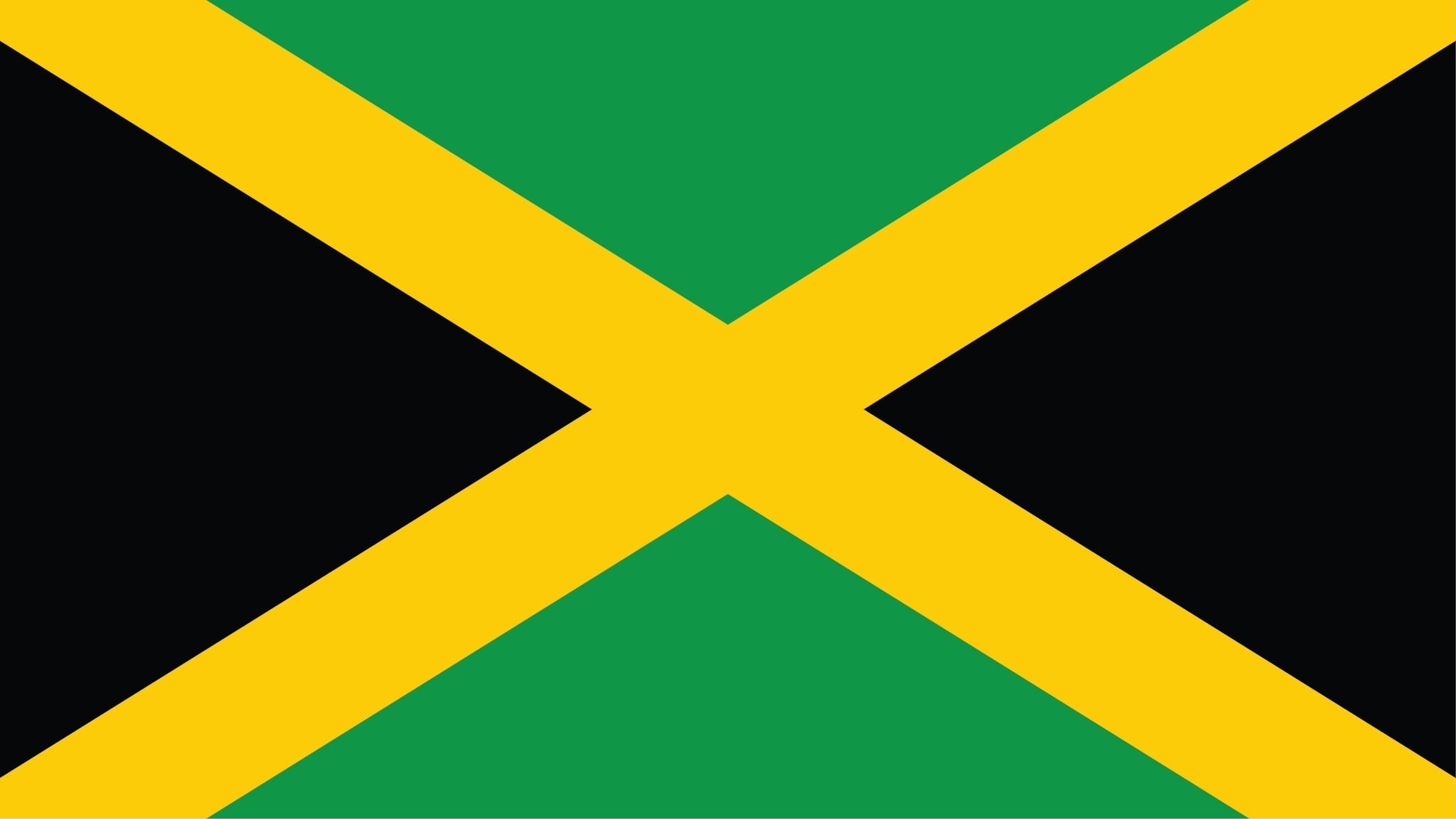At a glance
CDC works with partners in Jamaica to build sustainable public health capacity, strengthen laboratory systems and surveillance networks, deliver high-quality HIV diagnostic, treatment, and prevention services, and respond swiftly to disease outbreaks at their source, preventing health threats from reaching the U.S.

Strategic focus
The U.S. Centers for Disease Control and Prevention (CDC) office in Jamaica provides strategic support to both Jamaica and Trinidad and Tobago. The CDC office opened in 2002 in Trinidad and Tobago, and since 2018 it has been located in Jamaica. Since its establishment, CDC has been instrumental in providing public health expertise and strategic support to the government and partners. Through this collaboration, CDC strengthens health systems, supports control of the HIV epidemic, and enhances preparedness for emerging health threats.
CDC also collaborates closely with the Ministry of Health and Wellness to strengthen surveillance and laboratory systems, enhance workforce capacity, improve public health emergency response, and advance HIV testing, treatment, and prevention. By leveraging CDC's technical expertise and financial support, Jamaica can effectively respond to public health crises and emerging disease threats.
As a key implementing agency for the President’s Emergency Plan for AIDS Relief (PEPFAR), CDC collaborates closely with the Ministry of Health and Wellness to achieve the UNAIDS 95-95-95 HIV testing, treatment, and viral load suppression targets. CDC’s HIV program in Jamaica is committed to ensuring access to quality care and treatment for people living with HIV (PLHIV) and preventing HIV.
Read more about CDC's most recent key activities and accomplishments below.
Building public health capacity
- Strengthened health information and disease surveillance systems to ensure high-quality and timely data for decision-making and evaluate program interventions.
- Advanced essential data and information systems and linked different information systems (surveillance, prevention, treatment, and laboratory).
- Supported data standardization collection tools and processes through digitizing and developing data tracking systems, visualization tools, and job aids.
- Increased national, regional, and local healthcare staff capacity to monitor and evaluate HIV programs and make informed program decisions.
Strengthening laboratory systems and networks
- Supported continuous quality improvement towards accreditation, including strengthening human resource capacity through technical training.
- Expanded laboratory information systems and strengthened national laboratory services networks.
- Implemented the HIV Rapid Test Quality Improvement Initiative, which oversees the implementation of quality assurance measures for HIV testing and provided external quality assurance panels to ensure the accuracy and reliability of the HIV testing process.
- Expanded and strengthened molecular testing capacity, including viral load and early infant diagnosis testing and genomic sequencing (including HIV drug resistance testing).
HIV prevention and treatment
- Applied targeted data-driven strategies to improve HIV case finding and linkage to treatment.
- Tailored patient-centered approaches to retain PLHIV on antiretroviral therapy.
- Implemented differentiated service delivery models and pre-exposure prophylaxis services.
By the numbers
HIV
Estimated HIV Prevalence (Ages 15-49)
1.1% (2023)
Estimated HIV Deaths (Age≥15)
Reported Number Receiving Antiretroviral Therapy (Age≥15)
TB
Estimated TB Incidence
3.2/100,000 (2023)
100% (2023)
TB Treatment Success Rate
Resources
Support for CDC's global HIV and TB efforts.
Our success is built on the backbone of science and partnerships.
